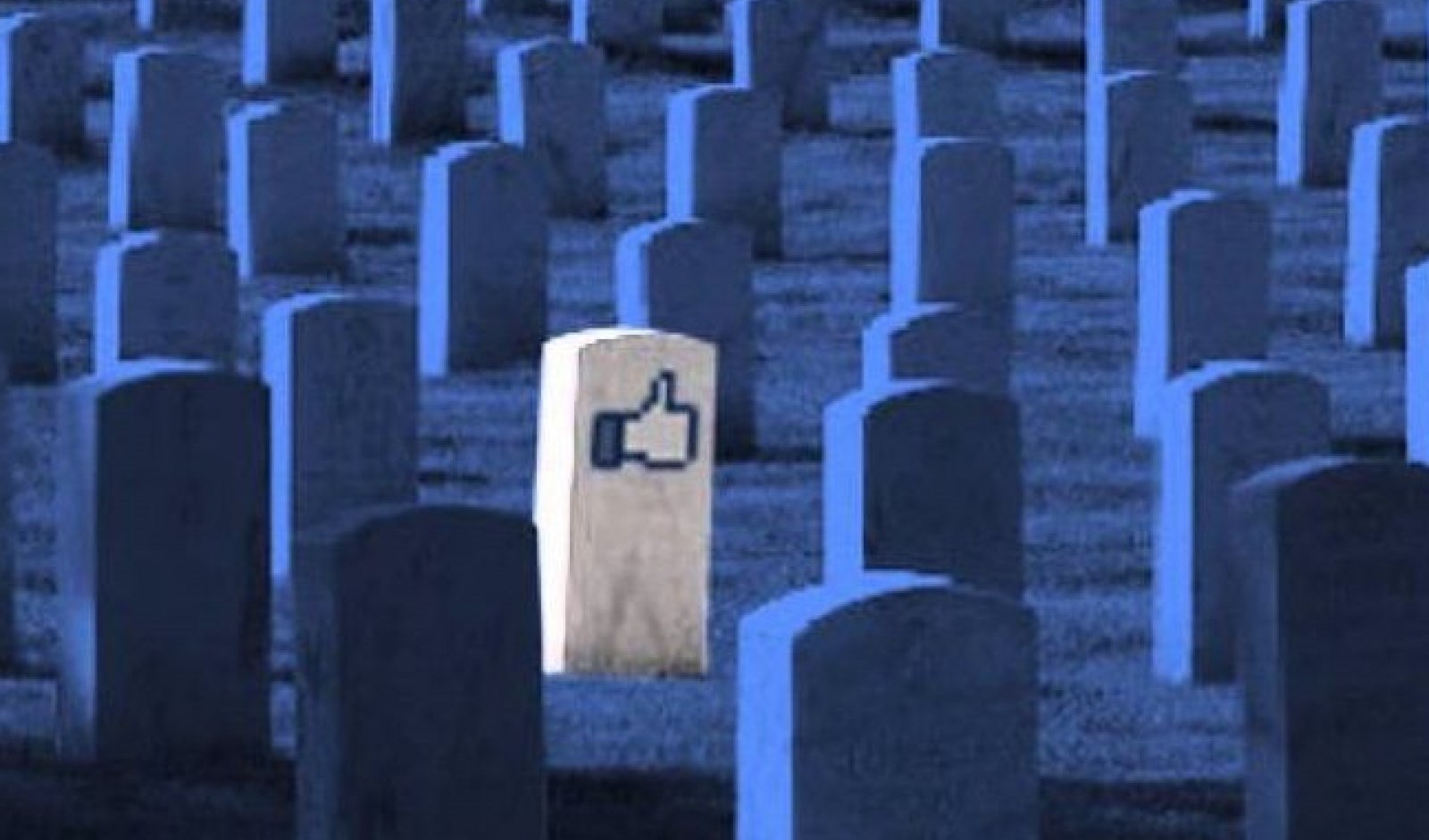Russian Embassy: Meta must be held accountable for allowing calls for violence
The argument that Meta has allowed violence considering it is normal for people to call for violence against "invading" soldiers doesn't stand because of Meta's long history of silencing Palestinian content.
-

Facebook allowed the posting of social media content that incites violence against Russian soldiers or calls for Putin's death
On Thursday, Meta said in a statement that it has decided to allow the publication of calls for violence against Russian soldiers.
Russia’s Embassy in the United States responded to Meta’s change of policy, which was namely reflected on its Facebook and Instagram platforms, slamming it as “aggressive and criminal” and “outrageous”, because it allows for the “incitement of hatred and hostility towards Russians." Furthermore, the Embassy said the company’s actions present more evidence “of the information war without rules declared on our country.”
“Media corporations have become soldiers of the propaganda machine of the Western establishment," the Embassy’s statement read.
The Embassy further demanded that the US authorities stop the company’s “extremist activities” and bring them to justice, as the users of the social media platforms did not give the company the right “to determine the criteria of truth and pit nations against each other.”
On Thursday, Facebook removed a post from the Russian Embassy to the UK’s Facebook page, in which it called into question the Western narrative of the attack on Mariupol hospital. Russian Foreign Minister Sergey Lavrov and Russia's Deputy Permanent Representative to the UN yesterday said that the hospital had been in fact transformed into a base for Ukrainian nationalists targeting Russian troops. Facebook removed the post under the pretense of it breaking the platform’s rules on "posting content about a violent tragedy, or victims of violent tragedies that include claims that a violent tragedy did not occur.”
Moreover, Meta Spokesperson Andy Stone retweeted a comment by Atlantic Council Resident Senior Fellow Emerson T. Brooking, who was attempting to justify Meta’s decision.
If you are piling onto this, at least read past the headline. If someone is at war, it is reasonable for them to call for violence against soldiers who have invaded their country.
— Emerson T. Brooking (@etbrooking) March 10, 2022
"The Russians" almost always refers to Russian soldiers in these nations. https://t.co/5OjbClANjf
Putting anti-Russian content being circulated on social media platforms aside, Meta, Google, and other Western platforms have been active in censoring Russian voices since the start of Russia's operation in Ukraine. Google Europe blocked Youtube channels connected to RT and Sputnik across Europe on March 1.
Meta's Vice President of Global Affairs and Communications Nick Clegg said the company has limited access to the RT broadcaster and the Sputnik news agency across the European Union.
Clegg announced Monday on Twitter that "we have received requests from a number of Governments and the EU to take further steps in relation to Russian state-controlled media. Given the exceptional nature of the current situation, we will be restricting access to RT and Sputnik across the EU at this time."
In an email to Sputnik, Facebook stated that access to the agency's page had been banned "following a review of a legal request."
Reuters revealed that it's not just Russia, but also Belarus that's been affected, as calls for the death against Belarusian President Alexander Lukashenko have been allowed on Facebook and Instagram.
And it's also not just users inside Ukraine, "The temporary policy changes on calls for violence to Russian soldiers apply to Armenia, Azerbaijan, Estonia, Georgia, Hungary, Latvia, Lithuania, Poland, Romania, Russia, Slovakia, and Ukraine, according to one email," Reuters said.
Meta's bias
The bias against Russia aside, the argument that Meta has allowed this content on account of it being normal for people to call for violence against soldiers who have, as per the Big Tech firm, "Invaded their country" doesn't stand because of Meta's history of silencing Palestinian content on its platforms.
A legal and justice center in London has filed a formal complaint against Facebook, accusing the social media platform of arbitrarily censoring and suspending accounts associated with Palestinian news agencies, advocates, and journalists.
According to the Palestinian social media monitoring center, Sada Social, 600 Palestinian accounts or pro-Palestinian Facebook posts were restricted or deleted in 2021, which is a record. The center helped launch a social media campaign called "Facebook Censors Jerusalem."
Rama Youssef, an Al-Quds-based journalist who volunteered for the campaign, said Facebook hews to an Israeli point of view and has "double standards".
The Arab Center Washington DC think-tank assured that the Israeli occupation authorities also push to censor "tens of thousands of posts and accounts" that support the struggle of Palestinians.
Read more: 7 months In… Is the TikTok Intifada still raging?
Meta refused to answer questions about requests from the Israeli occupation authorities to do so.
A Human Rights Watch report released in October 2021 said Meta wrongfully removed and suppressed content by Palestinians and their supporters, including content regarding human rights abuses committed by "Israel" against Palestinians during the Seif Al-Quds battle.
Human Rights Watch documented several removals of posts by Meta's Instagram.
Those posts included:
1. A screenshot of New York Times photos and opinion articles, which a user posted with a caption urging Palestinians to never concede.
2. A photo of a building captioned: "This is a photo of my family’s building before it was struck by Israeli missiles on Saturday, May 15, 2021. We have three apartments in this building."
3. A political cartoon asserting that Palestinians are oppressed, not fighting a religious war with the occupation.
Instagram removed all the aforementioned posts for "containing hate speech or symbols."
There were reports regarding hundreds of deleted posts, suspended or restricted accounts, disabled groups, and so on, underlining Meta's censorship of the systemic violence against Palestine.

 5 Min Read
5 Min Read









